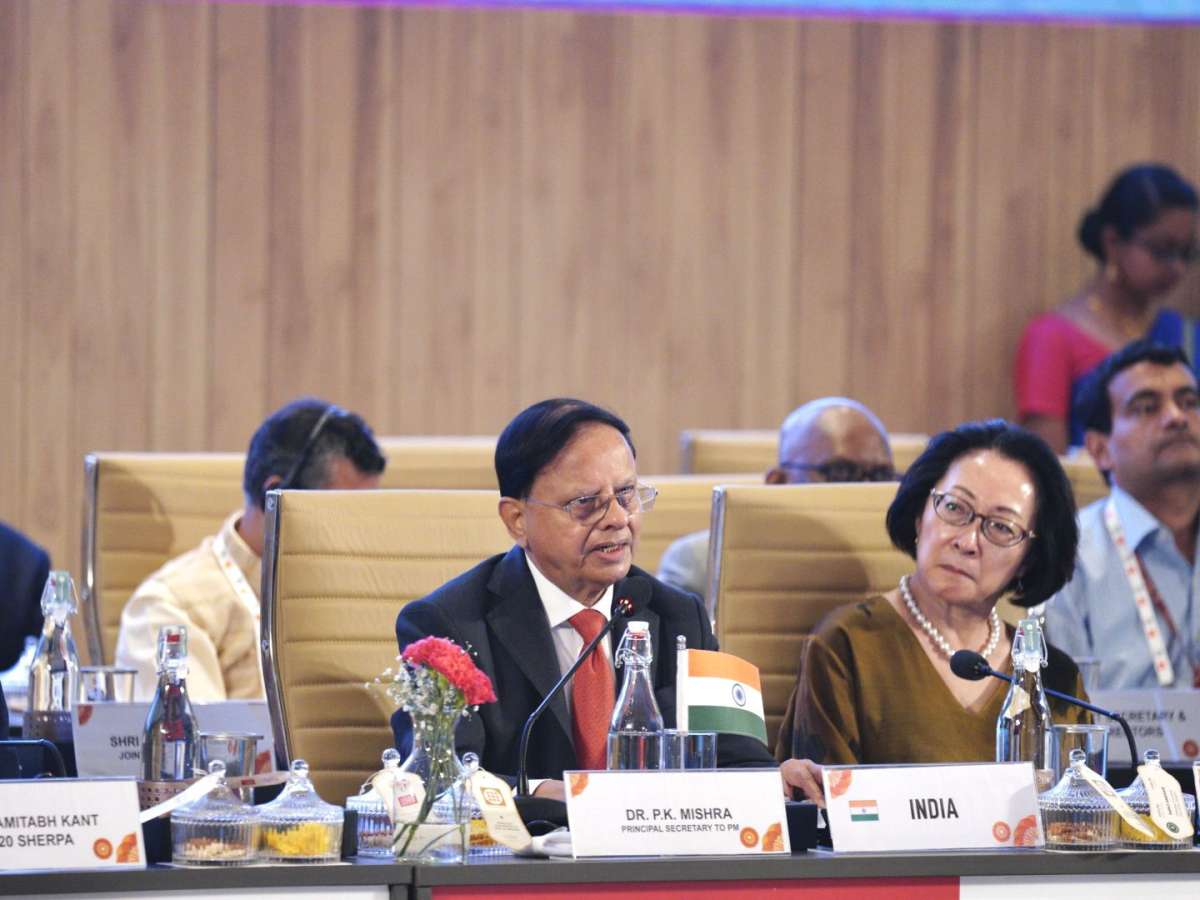Member NDMA Lt Gen (Retd) Syed Ata Hasnain said that the G20 Disaster Risk Reduction Meeting was aimed at fulfilling the criteria that were envisioned by the Sendai Framework…reports Asian Lite News
Amid rising frequency of natural calamities, the G20 nations under India’s presidency discussed disaster risk reduction.
Top officials said that after completing the initial meetings in Ahmedabad and Mumbai, the G20 Working Group commenced its third meeting in Chennai.
India, under its Presidency of the Group of 20 nations, has constituted a first-of-its-kind Disaster Risk Reduction Working Group keeping in view the increasing frequency and severity of disasters that are wreaking havoc around the world,
Speaking at the inaugural session, Principal Secretary to Prime Minister Narendra Modi P K Mishra while highlighting the effects of climate change and related disasters listed out the forest fires in Canada, the resultant haze in North America, major cyclonic activity on India’s East and West Coast, unprecedented flooding in New Delhi (worst in 45 years), among others.
“Climate change-related disasters are already here. These are enormous, interconnected, and affect everyone across the world. The ambition of this group should match the scale of the problem. We need a transformation of local, national, and global disaster risk reduction systems,” he said.
According to Member Secretary of India’s National Disaster Management Authority, Kamal Kishore, the key focus areas of this group were ensuring early warning for all, investing in climate and disaster resilient infrastructure, improving financing framework for disaster risk reduction, improving systems for better post-disaster recovery, and ecosystem-based approaches to disaster risk reduction.
“Preparing for and working towards reducing the risk of disasters is the primary objective of India’s National Disaster Management Authority (NDMA) and this activity is now being taken to the global stage and the exchange of ideas is being carried out with foreign counterparts,” he said.
About the increased international cooperation in sharing sensor data and warnings on Tsunami, earthquakes, and cyclones, Kishore said that the observation data from various sensors were global public goods and such data was fed to global models and was useful to all nations.
He also highlighted the need to improve the density of such networks, provide access to warnings and timely dissemination and the capability to act on the warnings.
Member NDMA Lt Gen (Retd) Syed Ata Hasnain said that the G20 Disaster Risk Reduction Meeting was aimed at fulfilling the criteria that were envisioned by the Sendai Framework.

Leave a Reply